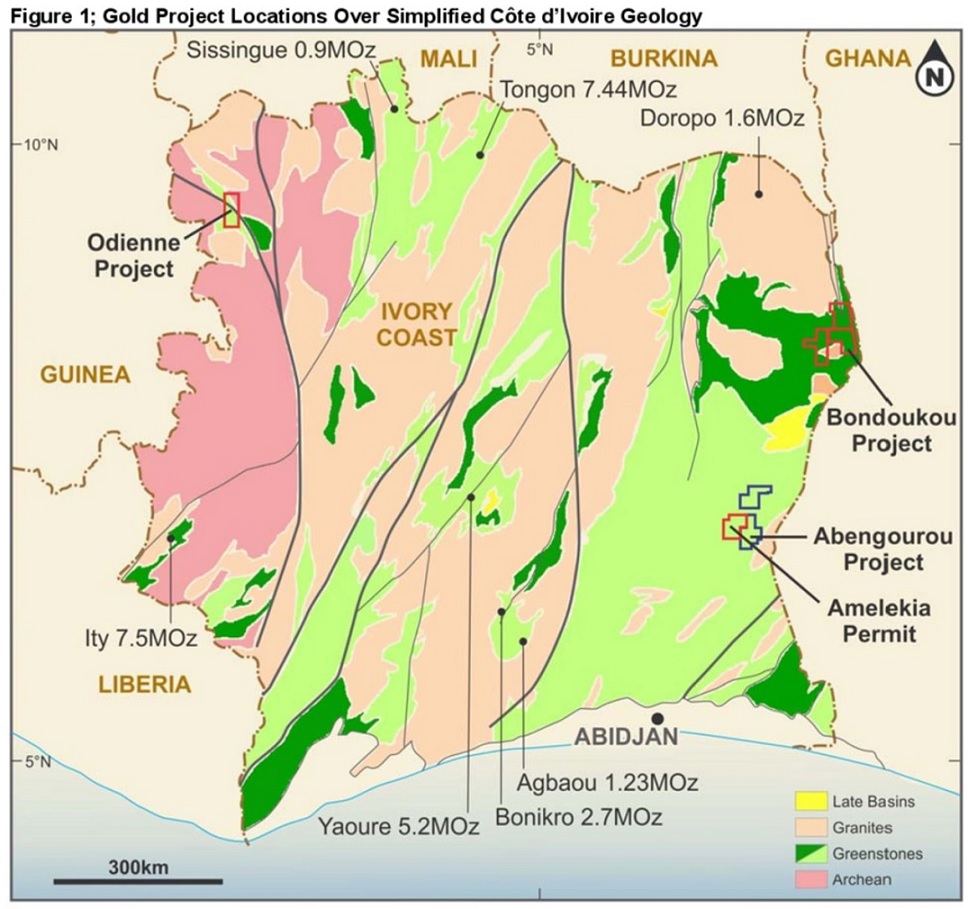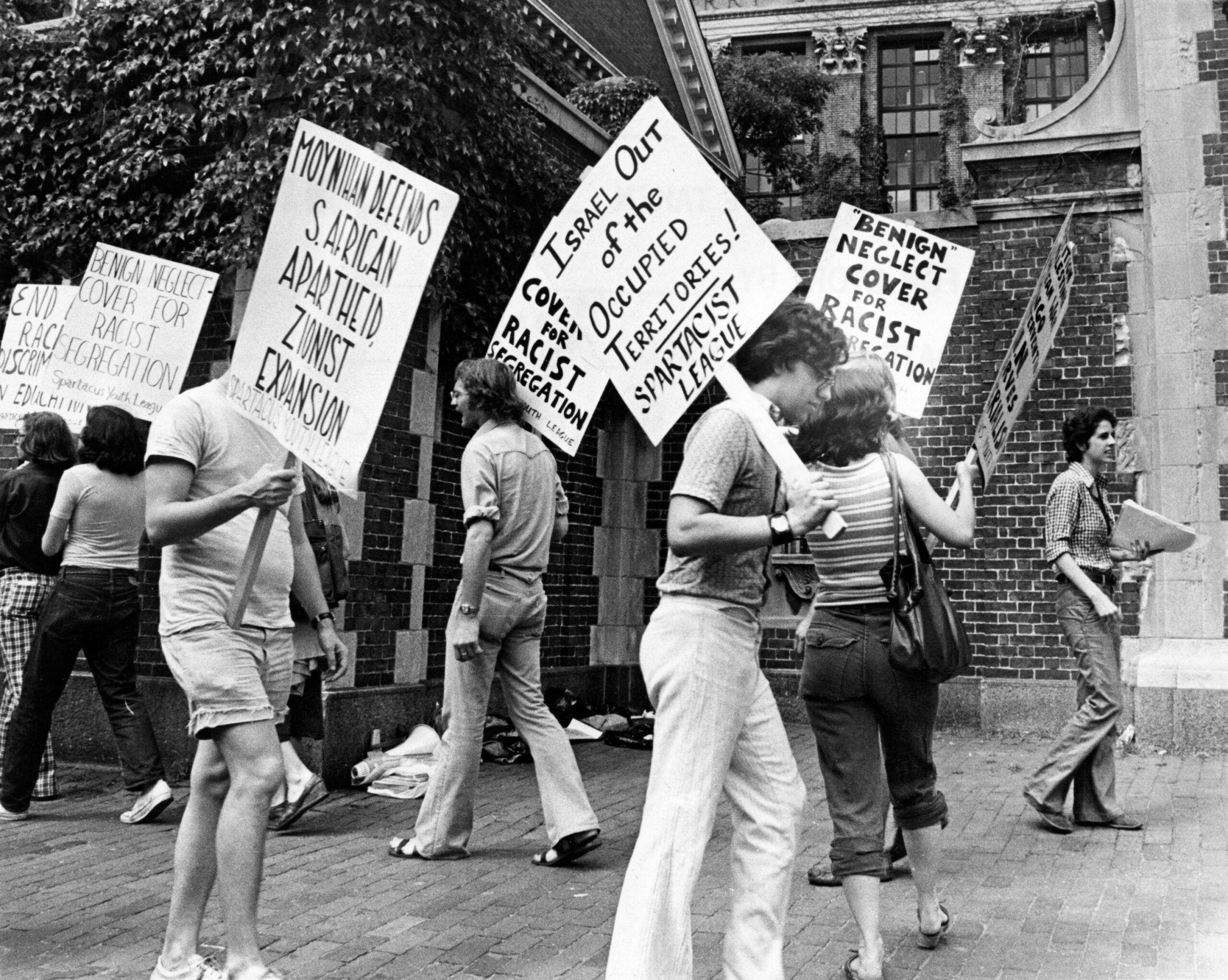Student protests over the Israeli-Palestinian conflict have been growing in size and intensity on college campuses across the United States. Inspired by recent demonstrations at Columbia University, student activists have set up protest encampments on dozens of campuses, demanding divestment from Israel and an end to the ongoing war in Gaza. While tensions surrounding the conflict have been escalating, administrators are grappling with balancing free speech and concerns from Jewish students and alumni about potential antisemitism.
Historically, college campuses have been a breeding ground for student activism. From disputes over the quality of butter at Harvard University during the Revolutionary War to protests against segregation and the Vietnam War in the 1960s, students have played a significant role in shaping public perception and driving social change. The current protests over the Israeli-Palestinian conflict have the potential to impact public opinion and influence policy decisions.
Although the current pro-Palestinian protests are smaller in scale compared to past movements, they have gained momentum since the October 7 attack by Hamas on Israel. Hundreds of students have shown support for the cause, with some demonstrations resulting in arrests and clashes with police. Student activists argue that college campuses provide an environment that encourages questioning the status quo and fosters a sense of social responsibility.
Critics of student protests often denigrate activists as overly sensitive or prone to violence. However, historians argue that these protests are a natural expression of social issues that may not find an outlet once students leave college. The current wave of protests has also faced accusations of antisemitism and creating unsafe environments for Jewish students, leading to increased concerns about campus climate.
The impact of student movements is often difficult to gauge in the moment. However, past protests have had lasting effects, such as the student-led opposition to the Vietnam War. The visible presence of student activists served as the conscience of America and contributed to the eventual diminishment of US involvement in the war. Similar dynamics may be at play with the current protests over the Israeli-Palestinian conflict.
While the outcome of the current student protests remains uncertain, the history of student activism suggests that they have the potential to shape public opinion and influence policy decisions. The ongoing demonstrations on college campuses across the United States highlight the power of student voices in advocating for change on pressing global issues.











